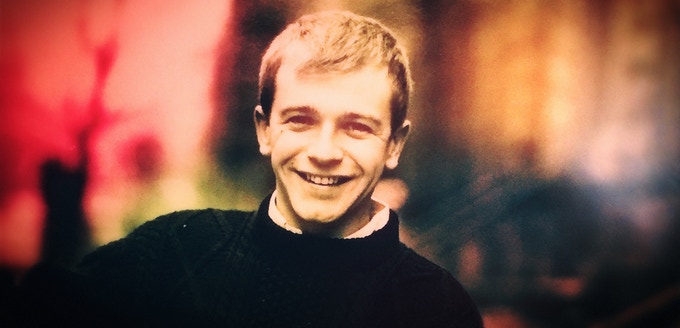Twice now, prominent actresses have pulled Terrence McNally aside to tell him something important:
He was making a big, lunkheaded mistake.
“I heard both women profoundly,” said McNally, 80, the playwright who is profiled Friday on PBS.
One was Christine Baranski, who told him frankly that his play (“Lips Together, Teeth Apart”) was no good. “It was the first time, maybe, an actor had been that candid …. I went home and stayed up probably 48 hours and did the work, and it turned out pretty good.”
The other was Angela Lansbury, who critiqued something bigger: His life was no good
“I didn’t know her well,” he said. “I revered her as an actress, had all my life, and we were at a party.”
As Lansbury tells it in the film, this was the only time she did this – pulling someone aside to tell him he was ruining himself with alcohol and drugs. He soon transformed his life.
McNally had good reason to spin out of control, after a whirling start. Like Truman Capote before him, he was an exotic in New York – a transplanted Southerner with a cherubic visage.
He reached Columbia University at 17 and looked younger. Edward Albee, the acclaimed playwright, reportedly said he had the most beautiful face he’d ever seen.
They dated secretly. Albee was then in the closet; McNally, the kid from Corpus Christi, Texas, wasn’t.
McNally then spent a year with John Steinbeck and his wife, as their sons’ tutor. Steinbeck became his friend, with some key advice: “He said, ‘Just don’t write for the theater. It will break your heart.’”
Steinbeck had created a theater classic (“Of Mice and Men”), but also had two stage failures. “They were very painful experiences for him,” McNally said.
McNally would soon know that feeling, when his Broadway debut flopped. But he’s been back 18 more times, plus revivals.He’s won four Tonys (plus a career award his yer) and had three more nominations.
“He’s one of the most profoundly compassionate playwrights,” said Michael Shannon, who star in Broadway’s “Frankie and Johnny at the Claire de Lune” revival, which Shannon calls “just so humane and not trying to make any point other than human beings are here for one another.”
F. Murray Abraham, who’s done several McNally shows, offers another word: “I would like to add ‘love.’ I mean, the whole title of (McNally’s “Love! Valour! Compassion!”) says it for me.”
Some of those loving characters have been gay … even in the early days, when that was rare on stage.
“I was never in the closet,” McNally said. “I think that was probably my salvation. So my first play had gay characters.” Indeed, he was later told it was “the first play on Broadway with gay characters who actually had sex, instead of being just the witty, next-door neighbor who drops in for sugar.”
This was, he recalls, “a very heady time for off-Broadway. (Albee’s) ‘Zoo Story’ and ‘Iceman Cometh’ and ‘Threepenny Opera’ had all sort of happened around 1956, the year I moved to New York.”
So McNally started off-Broadway and was soon getting broader exposure. Three of his plays — “The Ritz,” “Frankie and Johnny,” “Love! Valour! Compassion!” — became movies. He’s also written the books for several Broadway musicals — “The Rink,” “Kiss of the Spider Woman,” “Ragtime,” “The Full Monty,” “Catch Me If You Can,” “The Visit” and “Anastasia.”
He’s seen deep tragedy, including the AIDS deaths of two of his boyfriends. But he’s kept emerging with shows tha are compassionate, controversial – and, often, fun.
“I love going to work every day,” McNally said, adding: “I don’t know if a lot of people would say, ‘I love going to the bank every day’ …. People in theater, I think, like going to work.”
— “American Masters: Terrence McNally: Every Act of Life,” 9-10:30 p.m. Friday (June 14), PBS (check local listings)
